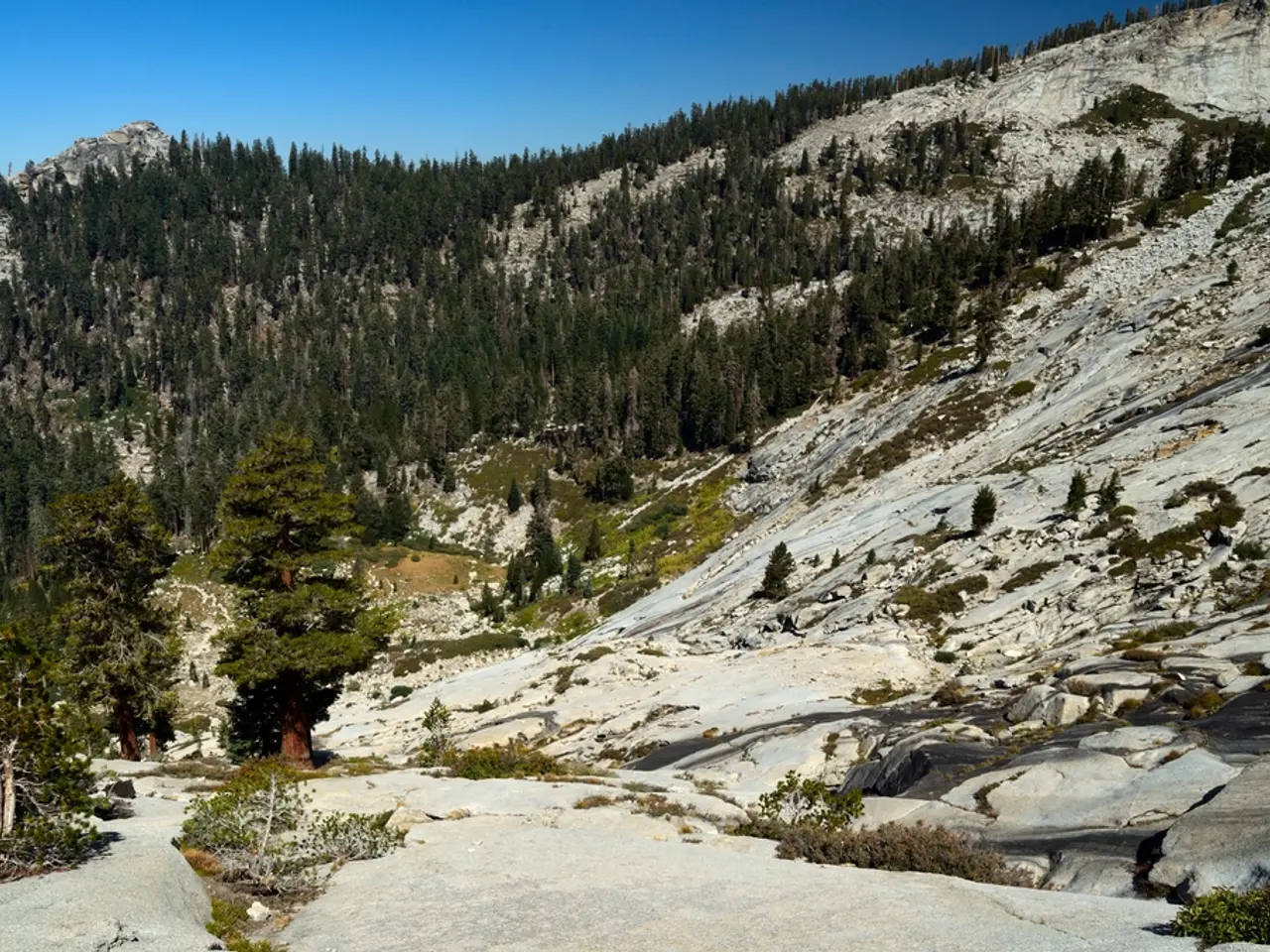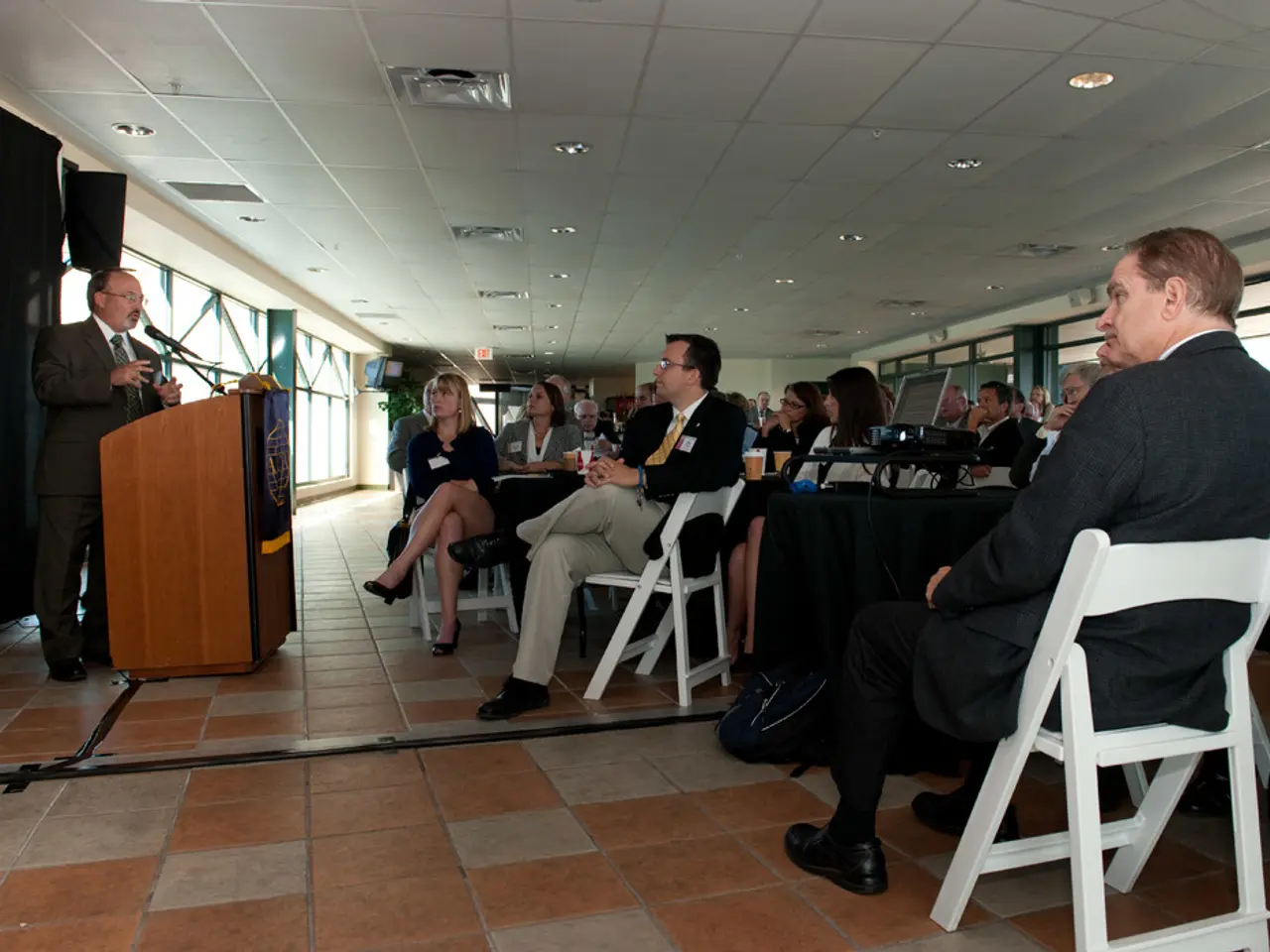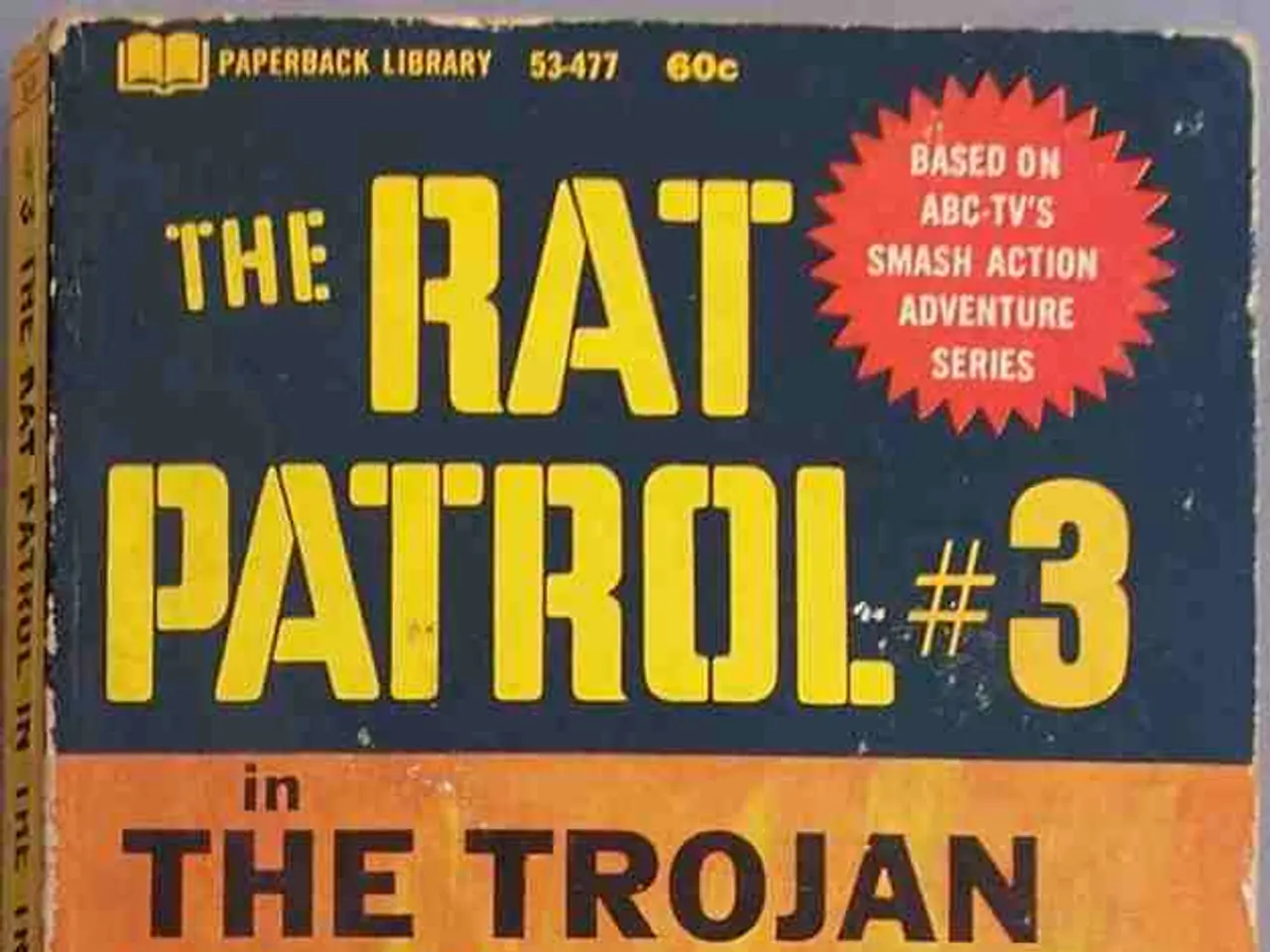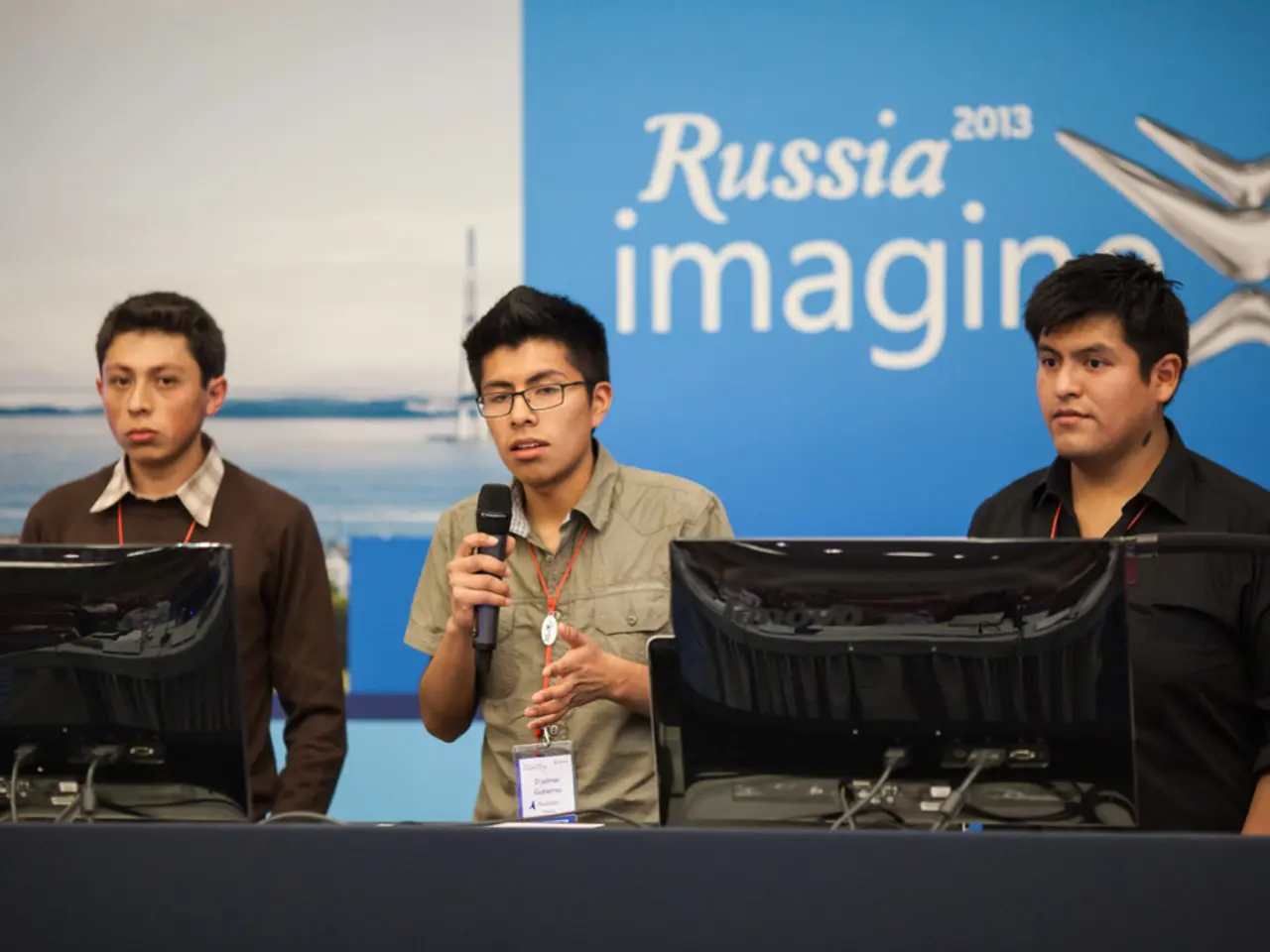Settling the Dispute: Canada and India Resume Diplomatic Relations
- *
Diplomatic row between Canada and India subsides - both nations reinstate their envoys. - Diplomatic standoff between Canada and India concludes, as ambassadors are reinstated.
Recently, on the fringes of the G7 summit nestled in Canada's Rocky Mountains, Canadian Prime Minister Mark Carney held talks with his Indian counterpart. Carney expressed optimism that this meeting would mark "the essential groundwork for rekindling relations" based on "mutual respect, sovereignty, and trust." Modi echoed similar sentiments, asserting that both countries are "dedicated to democratic values." The Indian leader also underscored the significance of the relationship between the two nations as "extremely valuable in numerous ways."
The diplomatic row between the two countries boiled over in June 2023 following the brutal murder of Sikh activist and Canadian citizen Hardeep Singh Nijjar. Wanted by Indian authorities on charges of terrorism and conspiracy, Nijjar, a vocal advocate for an independent Sikh state in India, was discovered lifeless in a Canadian temple's parking lot in the Province of British Columbia.
In response, the Canadian government deported an Indian diplomat alleged to be linked to the plot, citing "credible accusations" hinting at the involvement of India's intelligence agency. The Indian government categorically rejected the allegations as "preposterous," denying any fatal acts on Canadian soil, and temporarily halted the approval of Canadian visa applications.
Canada's large Sikh community resides predominantly in the Canadian province of Punjab, outside of India. The region, which is home to approximately 58% Sikh and 39% Hindu populations, grappled with a violent independence movement throughout the 1980s and 1990s. Thousands of lives were claimed.
- Canada
- India
- Crisis
- G7 Summit
- Mark Carney
- Narendra Modi
- Rocky Mountains
- Relationship
enz
Additional Insights:
- The investigation by Canadian authorities into Nijjar's murder uncovered evidence implicating agents of the Indian government, allegations that have been corroborated by the RCMP, the Canadian Security Intelligence Service, and former Prime Minister Justin Trudeau.
- Canadian intelligence agencies have identified India as a significant source of foreign interference in Canada, having been implicated in surveillance and intimidation of Canadian politicians, including former NDP leader Jagmeet Singh[1].
- The escalation of the crisis led to the expulsion of six Indian diplomats from Canada, including the Indian high commissioner, owing to their unwillingness to cooperate with Canadian law enforcement investigations related to the allegations[3].
- With approximately 20 months of strained relations and diplomatic stalemate, the reconciliation process began at the 2025 G7 summit, where the leaders of both countries agreed to reinstate high commissioners and reestablish full diplomatic ties[2][3][4][5]. Carney emphasized the importance of renewed diplomatic ties in fostering cooperation on issues such as transnational repression and terrorism[1].
In essence:
- The diplomatic impasse between Canada and India was ignited by the murder of Hardeep Singh Nijjar, with Canada accusing India's government of involvement.
- Canadian intelligence sources reveal India as a significant source of foreign meddling in the country, allegedly undertaking surveillance and intimidation of politicians, including Jagmeet Singh[1].
- The tension peaked with the expulsion of six Indian diplomats from Canada, as both sides stubbornly refused to collaborate with each other's law enforcement agencies[3].
- The healing process commenced at the 2025 G7 summit, where the leaders of both countries consented to restore ambassadors and fully engage diplomatically once again[2][3][4][5]. Carney believed this was a crucial move to strengthen collaboration on matters such as transnational repression and terrorism[1].
- The recovery of diplomatic relations between Canada and India at the 2025 G7 summit was based on mutual agreement to cooperate in matters like transnational repression and terrorism, following a long-standing crisis that began with the murder of Hardeep Singh Nijjar.
- The diplomatic row between Canada and India, which lasted approximately 20 months, was fueled by Canada's accusations of India's involvement in Nijjar's murder, as well as intelligence reports indicating India as a significant source of foreign interference, involving surveillance and intimidation of Canadian politicians.






